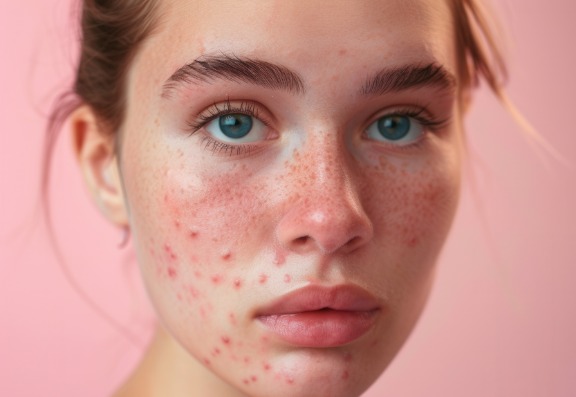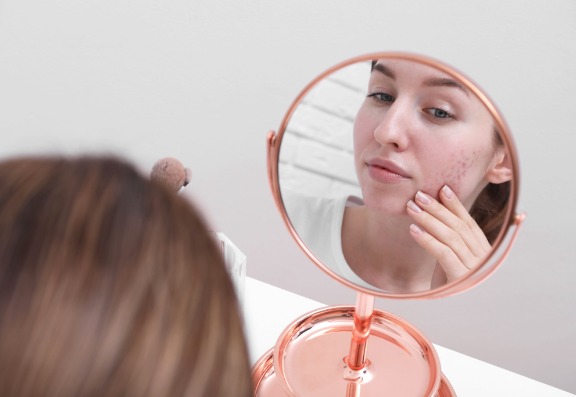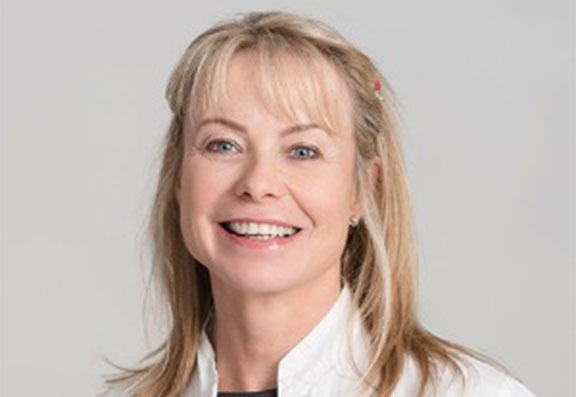What is hormonal acne?
What effect do hormones have on the skin?


Where typically does hormonal acne occur?
What can be done about it?
If you want to read more, the experts at Consulting Room really know what they're talking about and have put together acne FAQs just for you.
If you have more questions, you can use the acne questions feature to talk to our panel of trained medical experts.
If you're keen to get started with any of these treatments right away then you're in luck - those clever folks also have a list of trusted, accredited acne clinics in your area.
Many thanks to the author of this blog Dr Sam Robson who owns Temple Clinic.
Dr Sam Robson is a highly respected and experienced practitioner who qualified as a GP in 1997 and has been practising aesthetic medicine since 2004.
She has also become progressively aware of the increasing incidence of low morale and self-esteem
The repertoire of treatments provided by the clinic aims to help address many problems.
Call Dr Sam Robson on 0122 486 9997 or visit www.templeclinic.co.uk.

Why is it that around 20% of people in western societies are significantly affected by acne and other people are not?
Sugar by itself does not cause acne. But steep insulin spikes increase the production of skin oils which clogs follicles, and worsens skin complexion.
Within this blog post we will explore a few of the most common aesthetic treatments performed and whether these are safe during pregnancy.
Hey, wait!
Before you go.....
Let's stay in touch, pop your details here and we'll send our editor's hand-picked updates on your fave subjects.